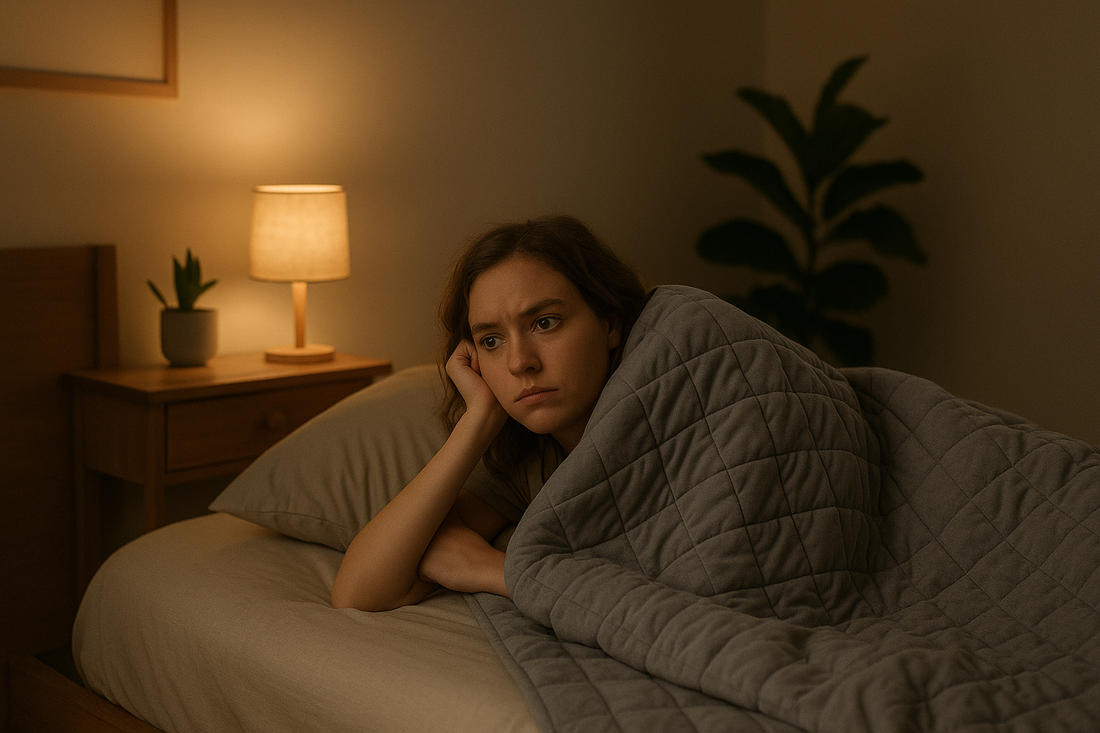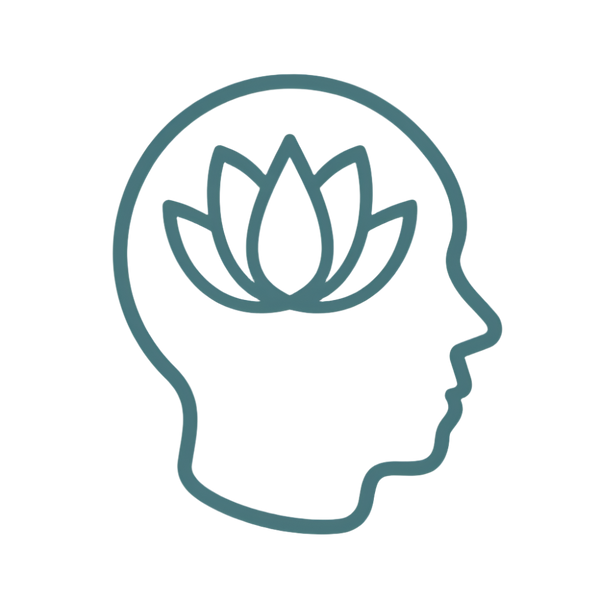
When You’re Too Tired to Cope… But Still Can’t Switch Off
Share
You’re Exhausted—So Why Can’t You Sleep?
Your body is done.
Your energy is gone.
But your brain? Still going.
If you’ve ever felt completely wiped out but still can’t switch off, you’re not alone. This “tired but wired” feeling is one of the most frustrating realities of living with ADHD.
Why ADHD Makes It So Hard to Shut Down
It’s not that you’re choosing to stay awake.
It’s that your nervous system never got the memo: we’re done now.
Here’s what might be happening under the surface:
-
Your brain is stuck in high-alert mode
-
Emotional residue from the day hasn’t been processed
-
Your body doesn’t feel safe or grounded enough to rest
-
You’re experiencing revenge bedtime procrastination—delaying rest because you didn’t feel in control earlier
Rest Isn't a Switch—It's a Slow Descent
One of the biggest myths about rest is that it just happens when you're tired.
But ADHD brains need help getting there.
Your body and mind have to feel calm, regulated, and safe before rest becomes possible. Without that, you’re just stuck in limbo—too drained to function, but too stimulated to recover.
How to Support True Rest with ADHD
You can’t force sleep or relaxation. But you can give your brain the right cues to slow down.
Try these:
1. Start With the Body
Physical calm often has to come before mental calm. That’s why deep pressure from the best weighted blanket for ADHD can be so powerful—it communicates safety through the body first.
Using one during evening wind-downs or even while doom-scrolling in bed can signal to your brain: you’re safe to slow down.
2. Focus on One Sense at a Time
If your thoughts are spiraling, try grounding yourself with a single sensory cue:
-
Soft ambient music
-
The texture of your blanket
-
A warm drink
-
Dimming the lights
Simplifying your sensory input helps reduce the chaos in your mind.
3. Create a “No Performance” Space
You don’t have to do rest well.
You just need space where nothing is expected of you.
Lie down, wrap up, breathe. Let go of the guilt of not being productive. That’s not failure—it’s recovery.
You’re Not Lazy. You’re Overloaded.
Being too tired to cope but still too wired to rest is not a character flaw. It’s a brain stuck in overdrive. The answer isn’t to push harder—it’s to calm softer.
Want to make that first moment of calm easier?
Try our Premium Weighted Blanket for ADHD, Anxiety, and Better Sleep. It’s the tool we come back to on the nights we can’t switch off.
And if bedtime always feels like a battle, you’ll want to read this next:
👉 The Best Bedtime Routine for ADHD: How to Finally Get Restful Sleep
